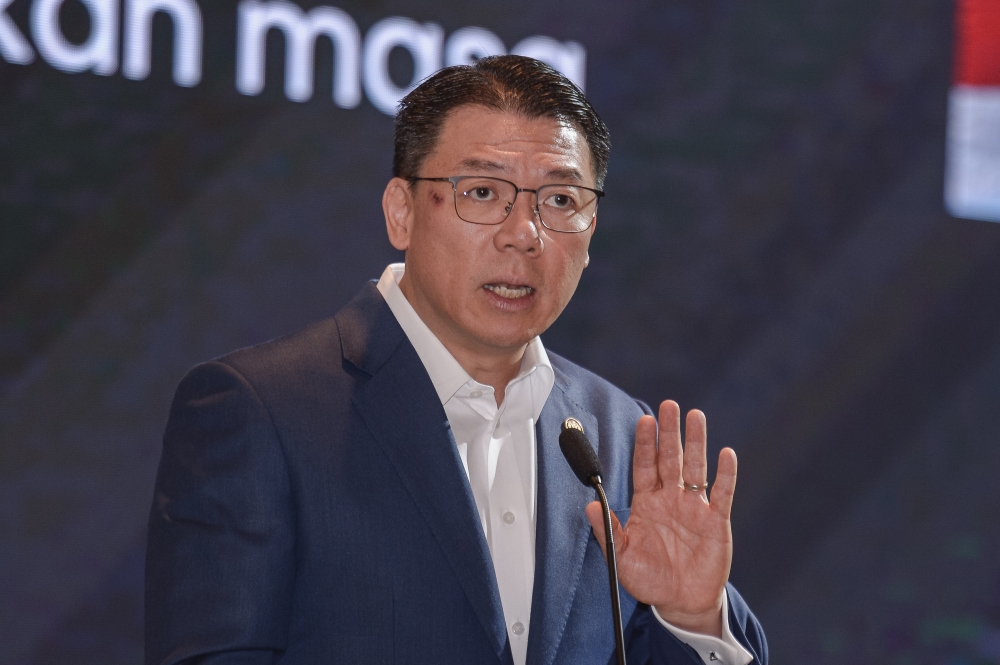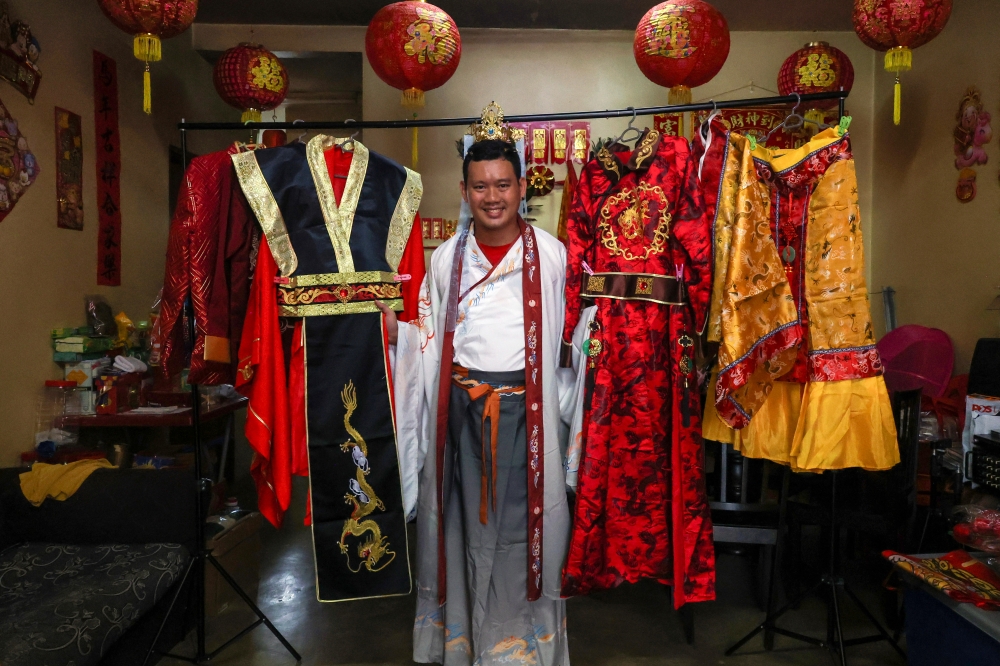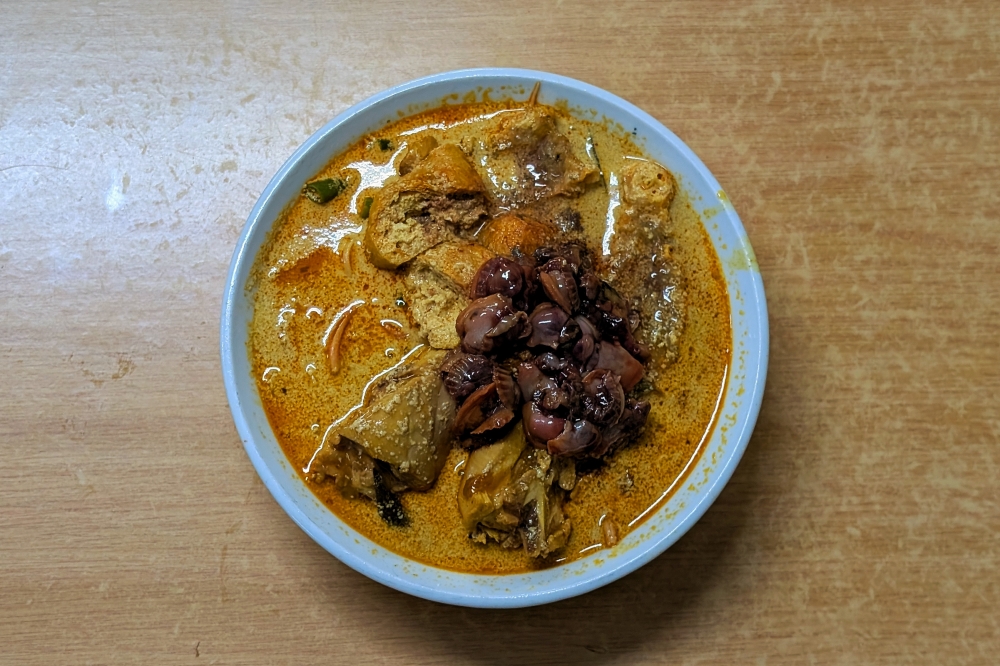BANGKOK, Nov 1 — Thai chef Surasit Buttama spent almost a decade cooking international food at upscale restaurants and hotels in the United States and Thailand, but he found his passion a few months ago at a Bangkok restaurant serving edible insects.
His latest recipe consists of almond cream pear tart served with silk worm vanilla icecream. While the icecream has two silk worms lying on top, you wouldn’t realise that the icecream itself is made of powdered silk worms.
The same goes with pasta made of crickets and giant water beetles or crickets mixed into brownies. A dish consisting of grilled seabass is served with crispy ants and ant eggs mixed with beurre blanc sauce.
“One of the challenges that I enjoy is how to make people not feel scared of the food,” Buttama told the Thomson Reuters Foundation at Insects in the Backyard, Thailand’s first edible insect fine dining restaurant, where he is chef de cuisine.
“I don’t think I’ll ever get bored (with cooking insects), which is something I won’t be able to learn anywhere else.”
Nutritionists and scientists have been touting insects as sustainable and cheap source of protein to feed a growing world because they are high in protein, vitamins, fibre and minerals.
Insects emit fewer greenhouse gases and less ammonia than cattle or pigs and require significantly less land and water than cattle, according to the United Nations’ Food and Agriculture Organization.
While eating insects is already part of a normal diet for Thai people in rural areas, 35-year-old Buttama says it is often looked down upon.
Thais account of only 20 per cent of the restaurant’s customers.
“Thais associate eating insects with poor people, which is a misunderstanding. (People who live in rural areas) are actually lucky to have different sources of food,” he said.
“The taste (of insects) is unique and tasty, similar to crab and shrimp. For instance, giant water beetles taste like crab, while grasshoppers taste like shrimp.”
Buttama joined Insects in the Backyard about six months ago, which was founded by Somchai Songwattana, chief executive of Flynow, one of Thailand’s pioneering fashion brands.
“What we are trying to do is to let Thais know that insects are edible and have value, but they are often overlooked,” said Buttama.
The chef is often seen hanging around in the dining room talking to customers and recommending dishes — his favourite is nachos with cherry tomato salsa, dukkha sour cream, grand padano cheese and your choice of organic insects.
He also likes to give tips to customers on how to cook their own meals at home, and plans to write a book on insect cuisine.
Edible insects are slowly gaining popularity in Thailand, with packaged snacks sold in 7-Eleven convenience stores and insects sold in bulk at Makro, a local wholesale supermarket.
“I like to encourage people to cook their own dishes because it helps farmers and it’s doing good for the world,” said Buttama. “In the future, it might even be common for us to see chefs cooking insects in restaurants.” — Thomson Reuters Foundation




















